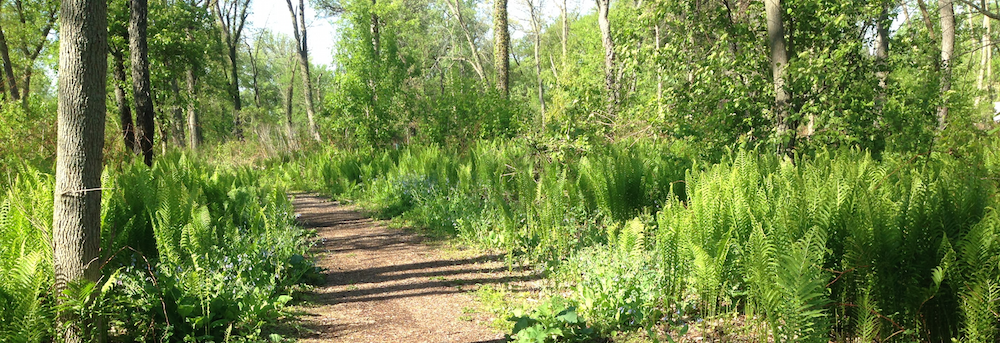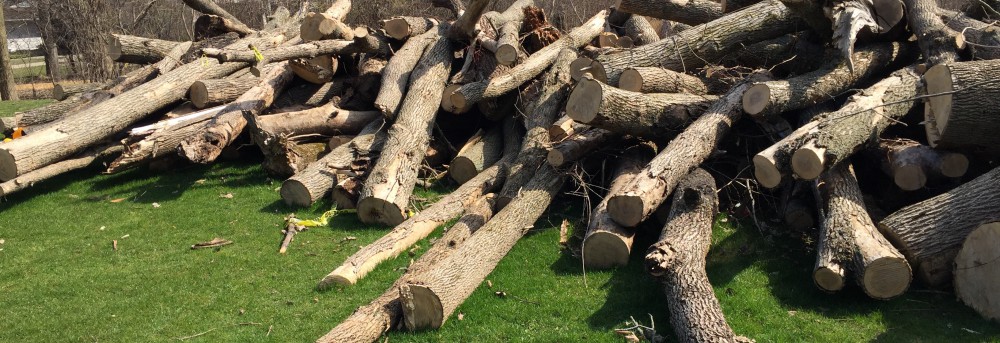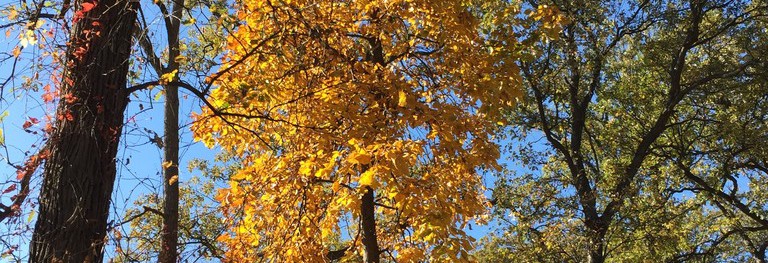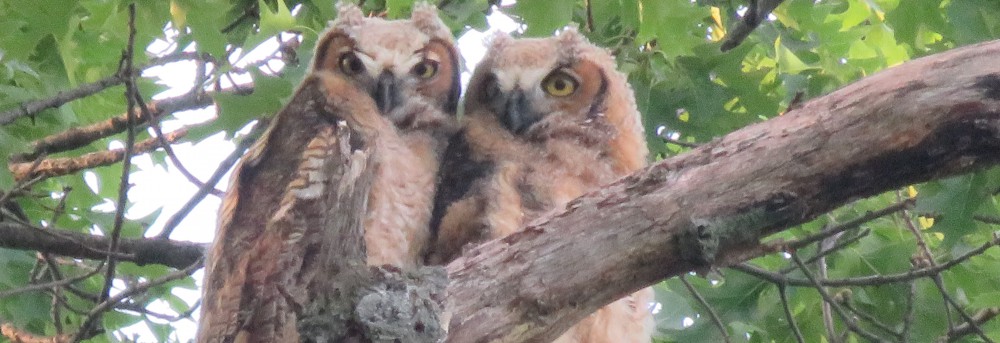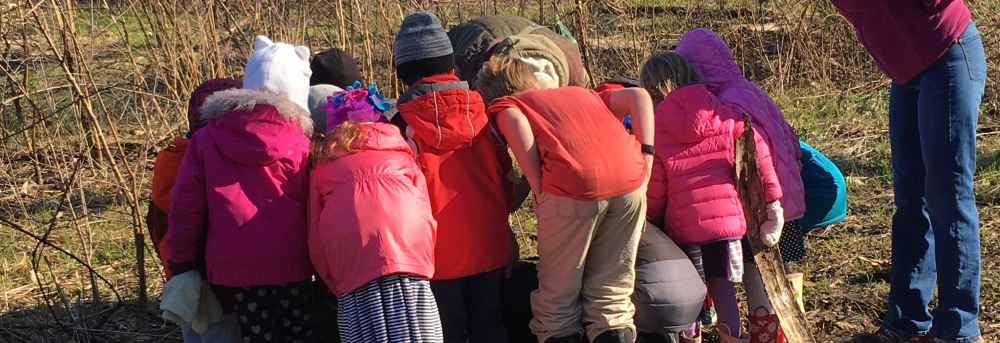Crow Island Woods, which has been a part of our community for nearly 100 years, needs your help.
Consultants hired by the Village to assess stormwater mitigation opportunities have proposed a plan that would mean the end of the natural, forested Crow Island Woods that we know and love. If you want to keep Crow Island Woods safe for our children, our community and future generations, it’s time to take action.
Crow Island was acquired by the Winnetka Park District in 1919, on the recommendation of the Winnetka Plan Commission, a group which wrestled with the important issues of the day. That Commission, which set forth many of the values we associate with our modern-day Winnetka, marveled at the area just to the west of the Village, “a large open space of low-lying land of rare and peculiar natural beauty, which ought to be preserved for all time as one of the breathing spaces and great outdoor playgrounds of Chicago.”
Over the last century, Crow Island Woods has been an important part of the Winnetka community, enjoyed by families, camping boy scouts, armies of tweens with nerf guns, bird and wildflower lovers, and schoolchildren coming to Crow Island to experience the legendary “Pioneer Day.” Crow Island is an endangered oak savanna, home to over 500 species, including many trees and plants, birds, deer, coyote and other animals. Once one of the most common ecosystems in the Midwest, only 1 of every 10,000 oak savannas remains today. Elsewhere in Illinois, the growing effort to restore oak savannas has expanded from forest preserves and state parks to private lands.
Crow Island Woods is under threat from consultants (Strand Associates, Inc.) engaged to solve a flooding problem which has vexed the area since settlers first moved here. The consultants have proposed to cut down the heart of this 100 year-old woods and convert the space to an above ground wetland.
We all want to find an effective stormwater solution for our southern Winnetka neighbors, but Strand’s proposal for Crow Island is not well thought-out. It puts children in harm’s way, robs Winnetka of a cherished and unique forest, and much more. Putting deep water and accumulating concentrated pollutants in a residential area adjacent to a National Historic Landmark elementary school isn’t consistent with the values of Winnetka today or 100 years ago. Strand and supporters have promoted this proposal as “a restoration of this area to its historical wetland and wet prairie conditions.” Unfortunately, this isn’t true. Instead, Crow Island Woods is the last nearby surviving remnant of the majestic oak woods which once covered much of the North Shore.
There are a variety of alternative flood management solutions and storage opportunities which haven’t been adequately considered. For instance, gradually repaving the hundreds of acres of Village-owned roads, sidewalks and parking lots with permeable asphalt or concrete – as many municipalities (including Kenilworth) have done — could help Winnetka store far more than the 150 acre feet of water it wants to handle in even the largest storms, and drastically improve the quality of the water which enters our storm sewers and local waterways. Underground storage under the many open sports fields (similar to the existing lacrosse field) owned by Winnetka Park District, New Trier, and District 36 could reduce flooding without changing the character of our Village. FEMA & MWRD offer grants to turn at-risk sites into water-absorbing and neighborhood parks. Similarly, helping residents install private property green solutions like rain barrels (free from the Metropolitan Water Reclamation District in many nearby suburbs), rain gardens, and cisterns to capture and reuse rain where it falls would reduce flooding, reduce our usage of water for sprinkler systems, and make our yards happier. We owe it to ourselves to consider requiring new developments to capture the rain falling on our rooftops and not keep adding to our flooding issues by allowing developers to build larger and larger homes.
Oak ecosystems are important for a variety of reasons, including some very relevant to our plight. Due to their longevity, large stature, and vast canopies, oaks provide significant carbon storage, mitigate urban heat island effects, and reduce flooding. A single large oak can reduce 5,400 gallons of stormwater run-off and remove more than 1,000 pounds per year of carbon dioxide from the atmosphere, so a plan to cut down a mature oak forest to reduce flooding is flawed from the start.
Many residents have joined together to save Crow Island Woods for future generations to enjoy. We’d love it if you’d join us in whatever way you’re comfortable: signing our petition, joining our mailing list, attending village meetings, writing to your Village Trustees/Park District Board Members, displaying a yard sign, and more.
A group called Friends of Crow Island Woods, has also organized to help the Park District with the burdens of maintaining and restoring the woods – maintaining trails, removing unwanted species, planting and taking care of trees, sowing wildflower seeds, and raising money to fund future improvements. If you or your family might be interested in helping out in one of these ways, you can join the Friends of Crow Island mailing list.
